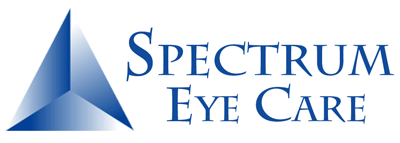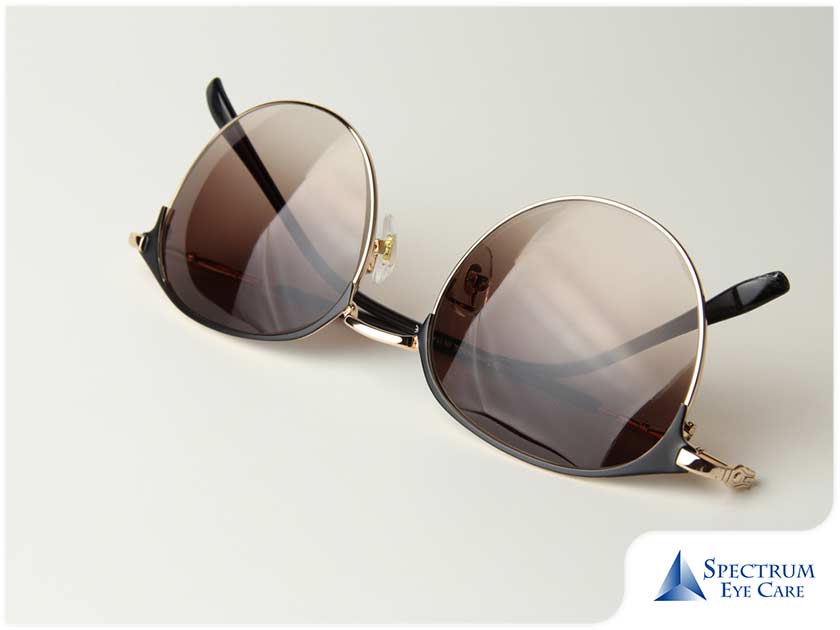No one is immune to eye damage caused by ultraviolet (UV) radiation. However, some people are at a higher risk of it than others. Today, we take a look at the types of people that need extra UV eye protection.
1. People who work outdoors: If you work mostly outdoors – maybe you’re in the construction business doing field work – you can be exposed to up to 20% more UV rays than indoor workers. UV radiation is at its peak between 10 in the morning and 4 in the afternoon, and it can be compounded by reflective surfaces like light-colored walls, concrete and snow. If you are in this line of work, invest in high-quality UVA/UVB eyewear that covers not just the front of the eyes, but also the peripheral areas.
2. Outdoor enthusiasts: Maybe you don’t work outdoors, but spend a similar amount of time on activities, such as boating, biking or swimming. You are exposed to the dangers of UV eye damage as those described above and, therefore, will need to wear at least the same amount of protection. Sandy beaches, sea foam and snow-covered surfaces have greater reflective areas, which means you should get appropriate eyewear for such conditions. Skiers and snowboarders, in particular, can suffer from UV keratitis or “snow blindness” when exposed to reflected UV rays for more than two hours. It’s also worth noting for climbers that altitude increases the intensity of UV radiation: for every 1,000 feet above sea level, the eyes are subjected to up to 7% more UV radiation.
3. Children: With COVID restrictions becoming less severe in the past months and schools opening up, children spend more time outdoors. This means they need protection from UV radiation as much as adults do.
4. People who wear contact lenses: While UV-blocking contact lenses do exist, they don’t cover all of the eyes. As we discussed above, the eyes need to be protected from all directions especially if you spend a significant amount of time outdoors.
Spectrum Eye Care provides eye care services to clients in Charlotte, NC, and the surrounding communities. Give us a call at (704) 543-9000, or fill out our contact form to schedule an appointment.

